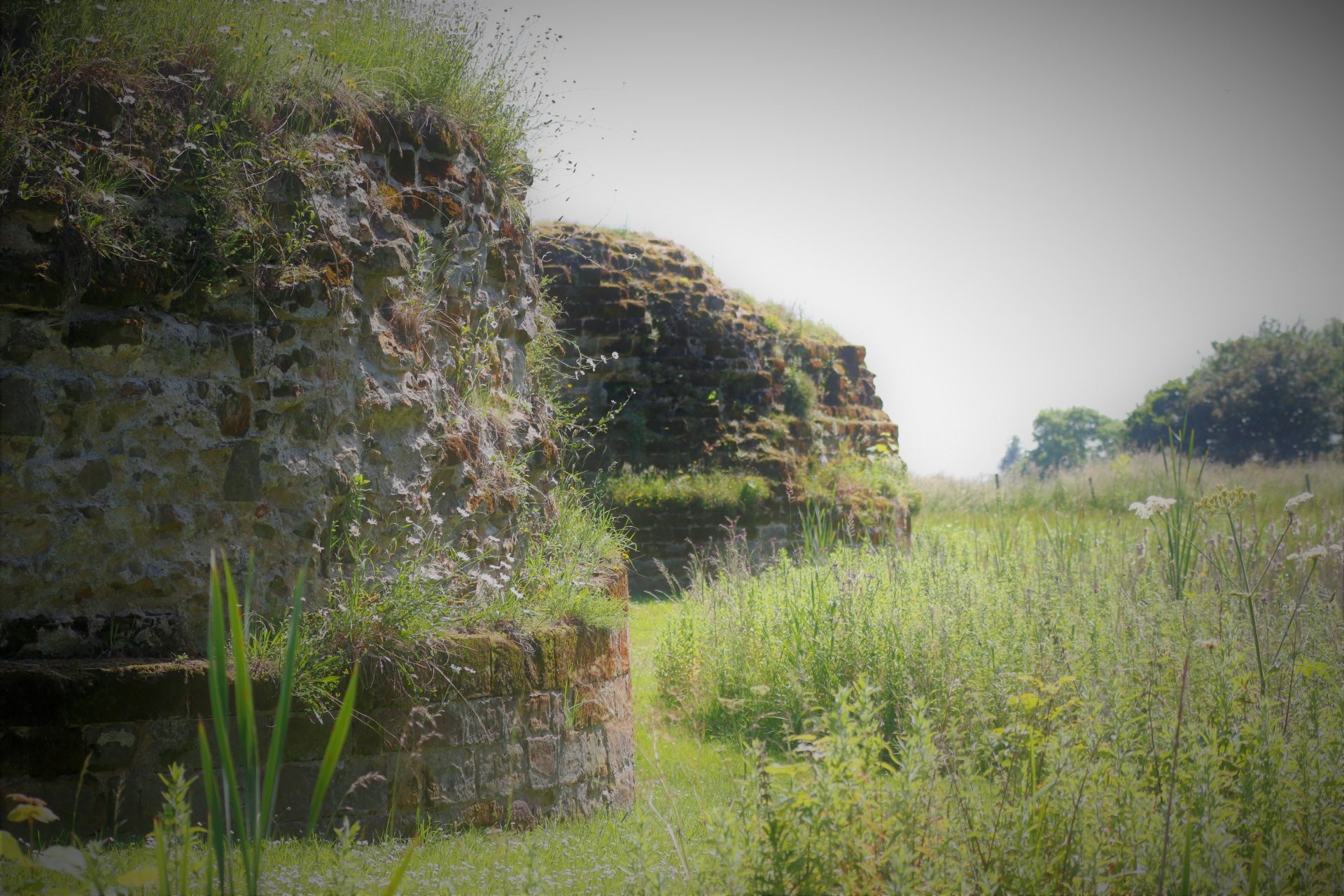19 May 2023 by Freddie Harvey Williams
RePLANET is currently engaged in the development of multiple projects across the UK, which is one of the most nature depleted countries in the world. Increasing urbanisation and intensification of farming since the industrial revolution have caused a steady degradation of the UK’s natural environment. Agricultural practices intensified further after the end of the Second World War as the use of artificial inputs such as pesticides and herbicides increased, and farmers started to cultivate genetically improved crop and livestock varieties. The biodiversity impacts of farming intensification have been stark:
While some gains for nature have been made in recent years, the UK is still failing to turn the tide on nature loss, and public sector spending on biodiversity has fallen by over 40% since a peak in 2008/9. Additional funding from the private sector is needed to close the £44-97 billion gap to achieve nature-positive outcomes by 2032. RePLANET is developing projects that will channel private finance through the sale of biodiversity certificates directly to conservation projects that support nature-based solutions and transitions to sustainable, biodiversity sensitive rural livelihoods.
Biodiversity certificates can also provide an appropriate alternative funding source for habitat restoration. For example, Biodiversity Net Gain (BNG) measured using the DEFRA biodiversity metric is suitable for developers required to demonstrate nature positive impacts, but it is not yet compatible with large-scale rewilding projects. Rewilding projects generate significant biodiversity uplift that is not well captured by the BNG method, but which can be translated into biodiversity certificates and funding.
The Knepp Castle Estate in Sussex is widely regarded as the most successful rewilding initiative in the UK. Surveys conducted across the site have revealed that a significant increase in biodiversity has occurred since the start of the project 20 years ago. Specifically, there has been a 400% increase in breeding bird populations, a 410% increase in soil biodiversity, and a 500% increase in butterfly species richness and abundance.
When it comes to wildlife and agriculture in the UK farmers and policy makers have spent decades trying to ascertain how best to balance food production and nature recovery. “Land Sparing” systems comprise areas of intensively farmed land separated with areas that are set aside for natural habitats. Conversely, “Land Sharing” involves low intensity, low yield farming practices that allow for more on-farm biodiversity. A recent study by the universities of Cambridge, Glasgow and Leeds found that the land sparing approach to achieving UK nature targets could cost nearly half as much as a land sharing approach. Collaboration between neighbouring farmers could help to maximise biodiversity benefits from land sparing by creating areas of contiguous natural habitat that improve habitat connectivity across a landscape.

RePLANET is trialling a new concept that brings together small-scale farmers or landowners to jointly manage their land for nature and benefit from biodiversity certificate funding at a landscape level. It is possible that biodiversity certificates generated in this way could be stacked with agricultural subsidies that would allow profits from the land to be maximised.
With our head office based in the UK, RePLANET is excited by the opportunity to contribute to the restoration of our beleaguered natural environment. We see the emerging use of biodiversity certificates as a nimble and equitable mechanism for channelling greater funding to conservation and restoration.